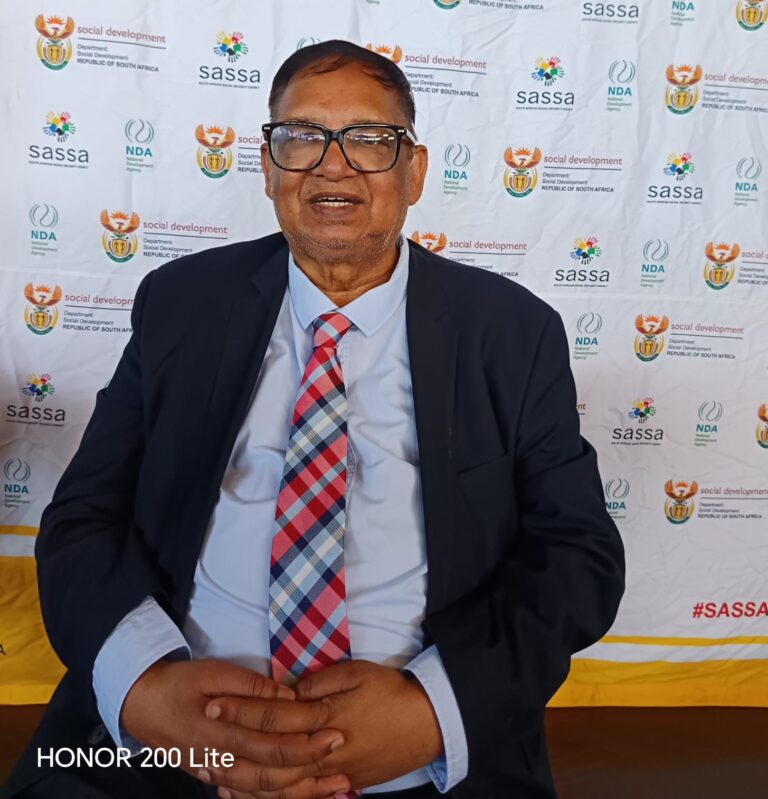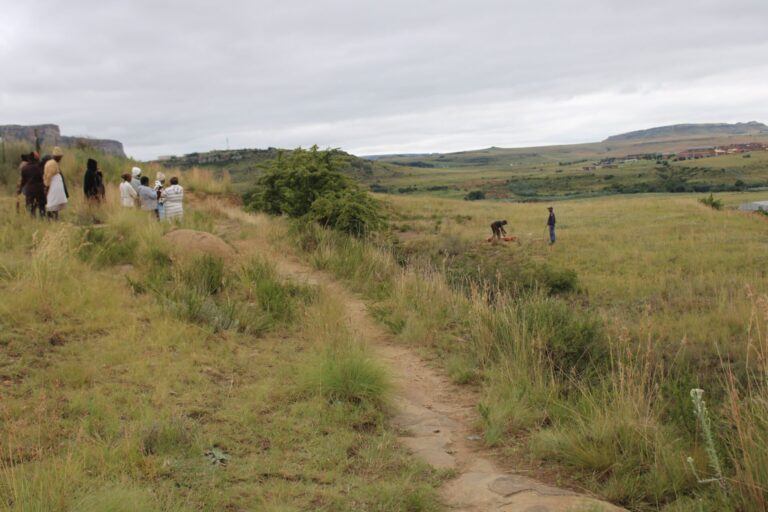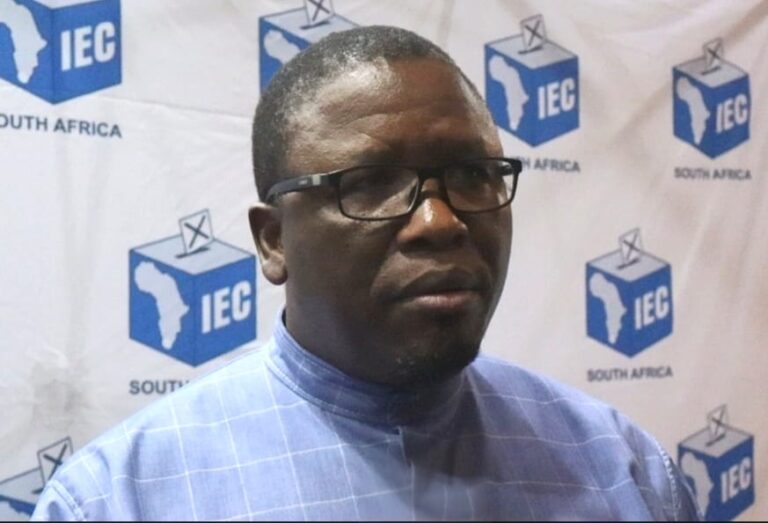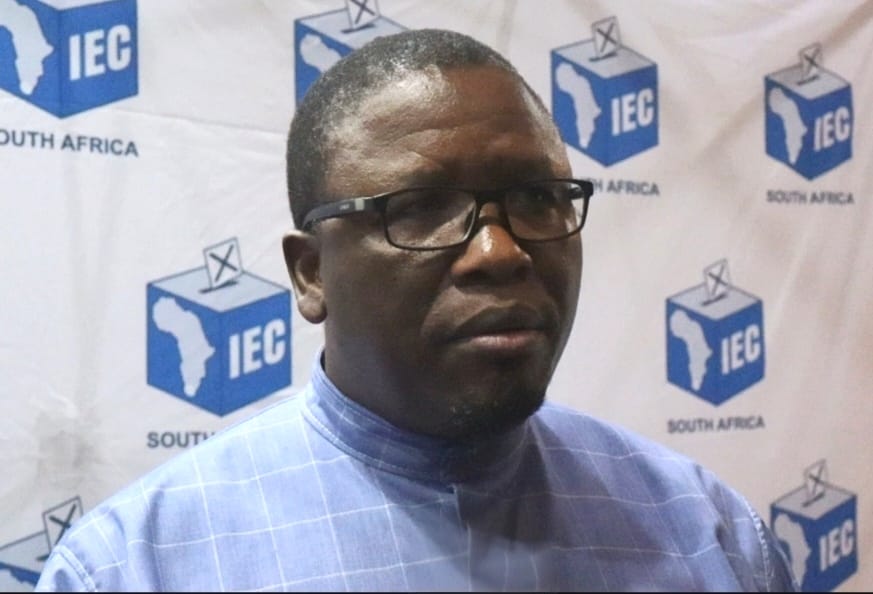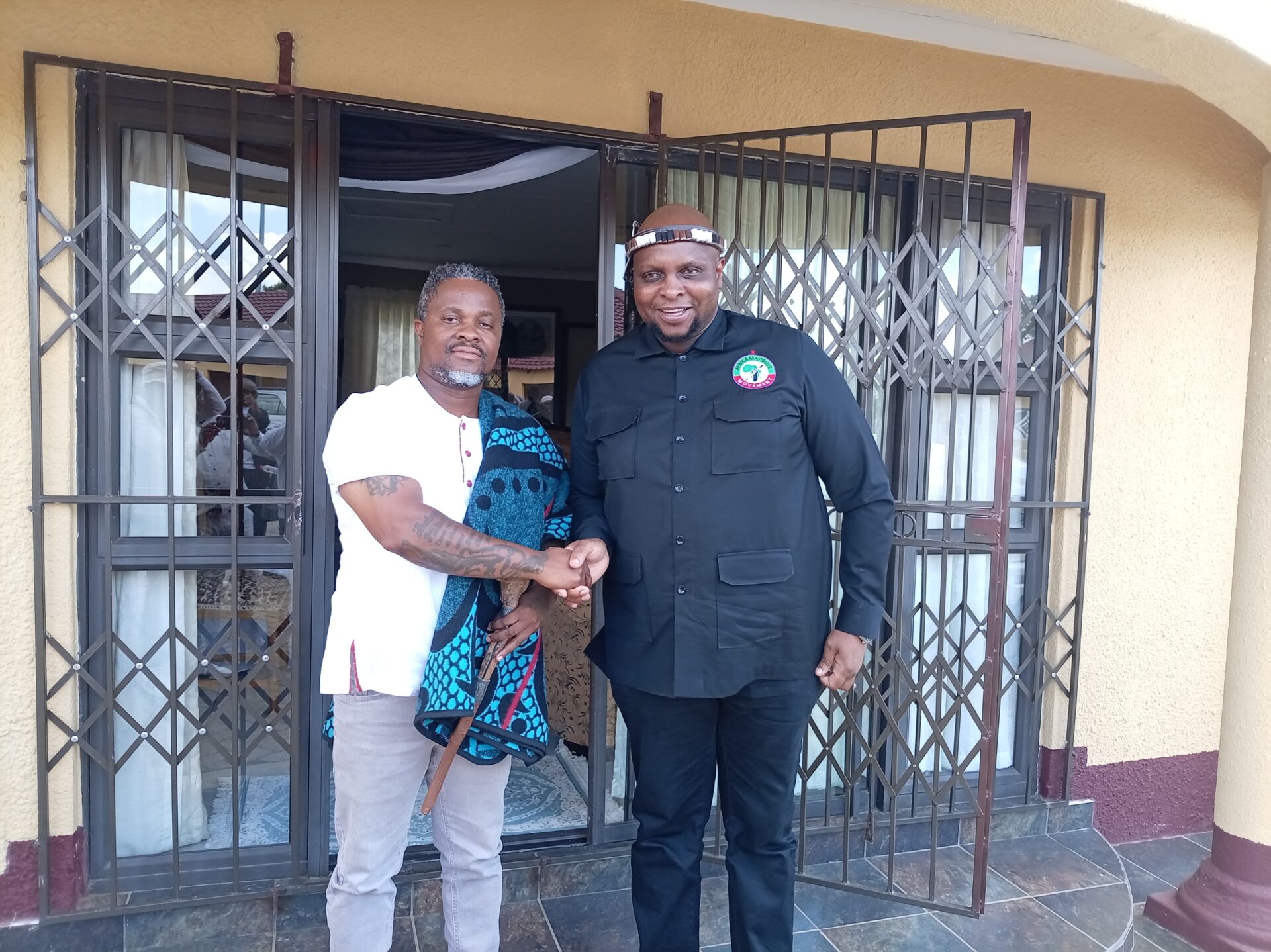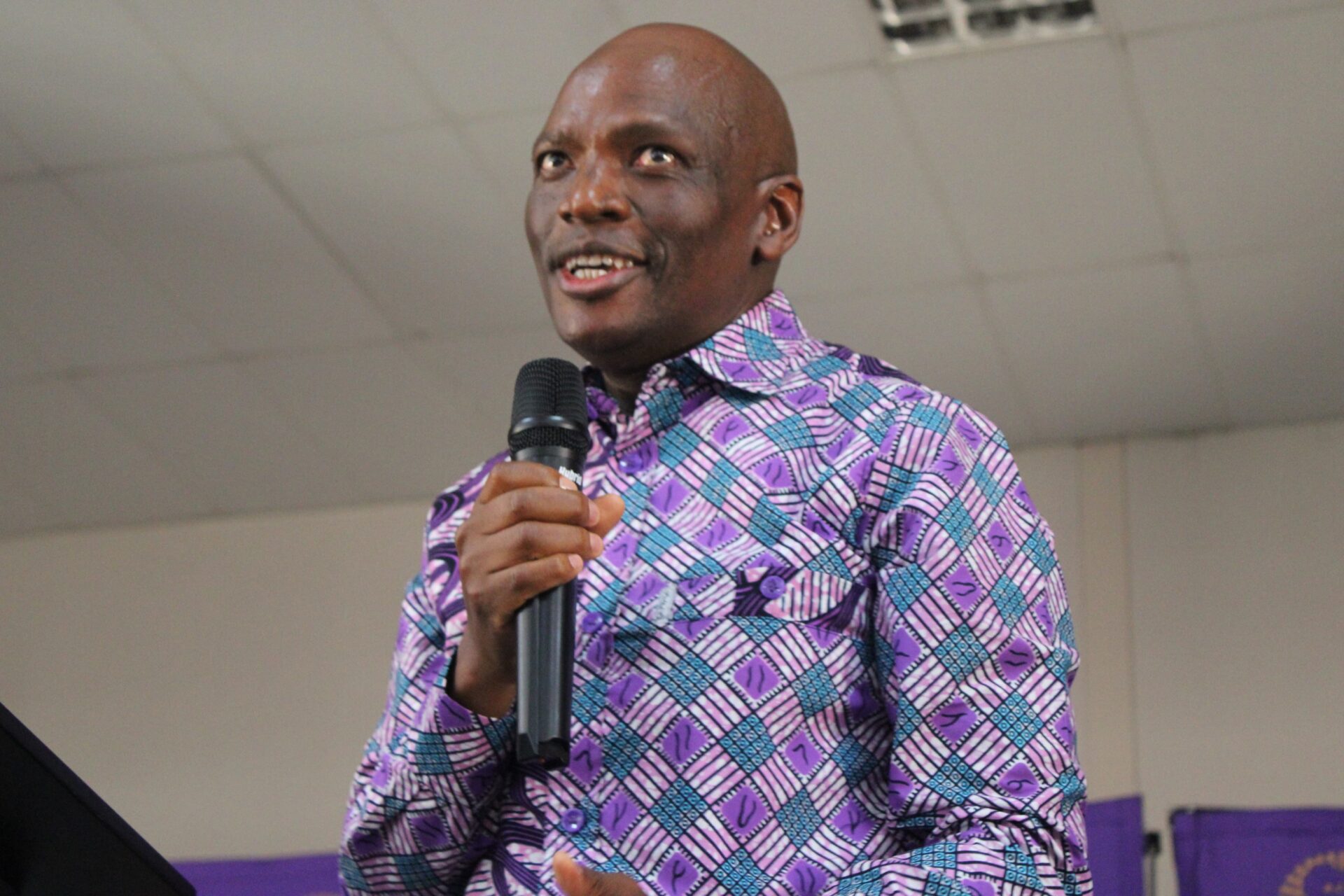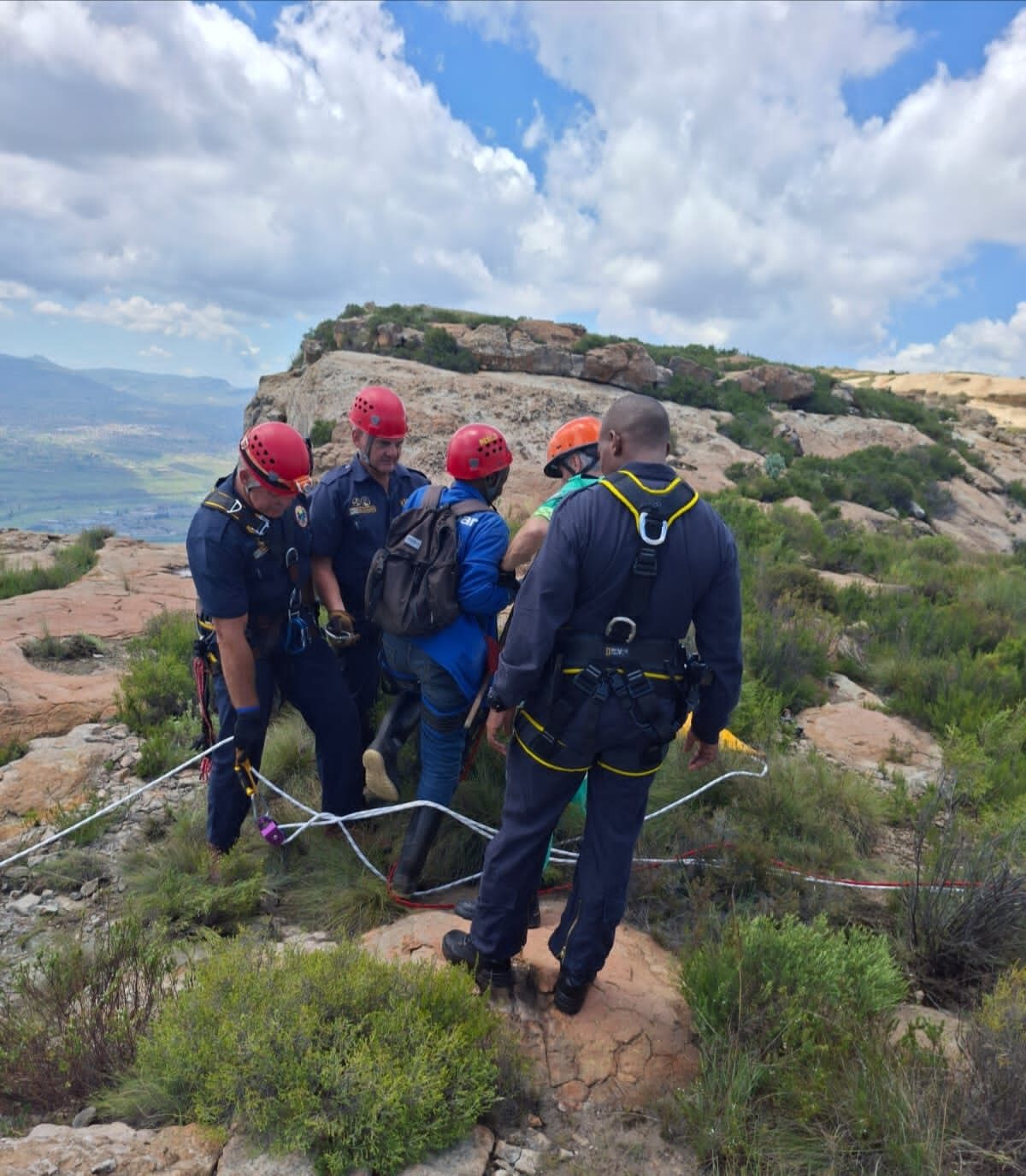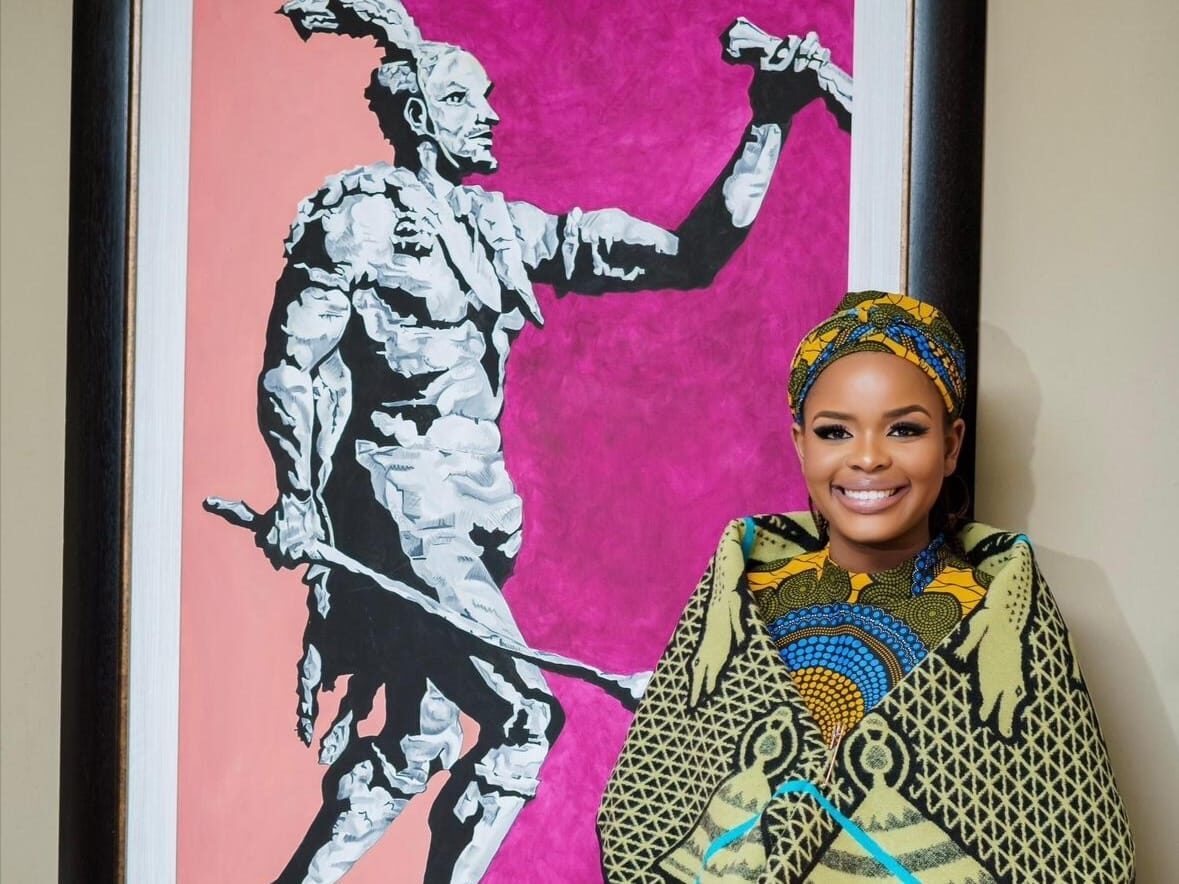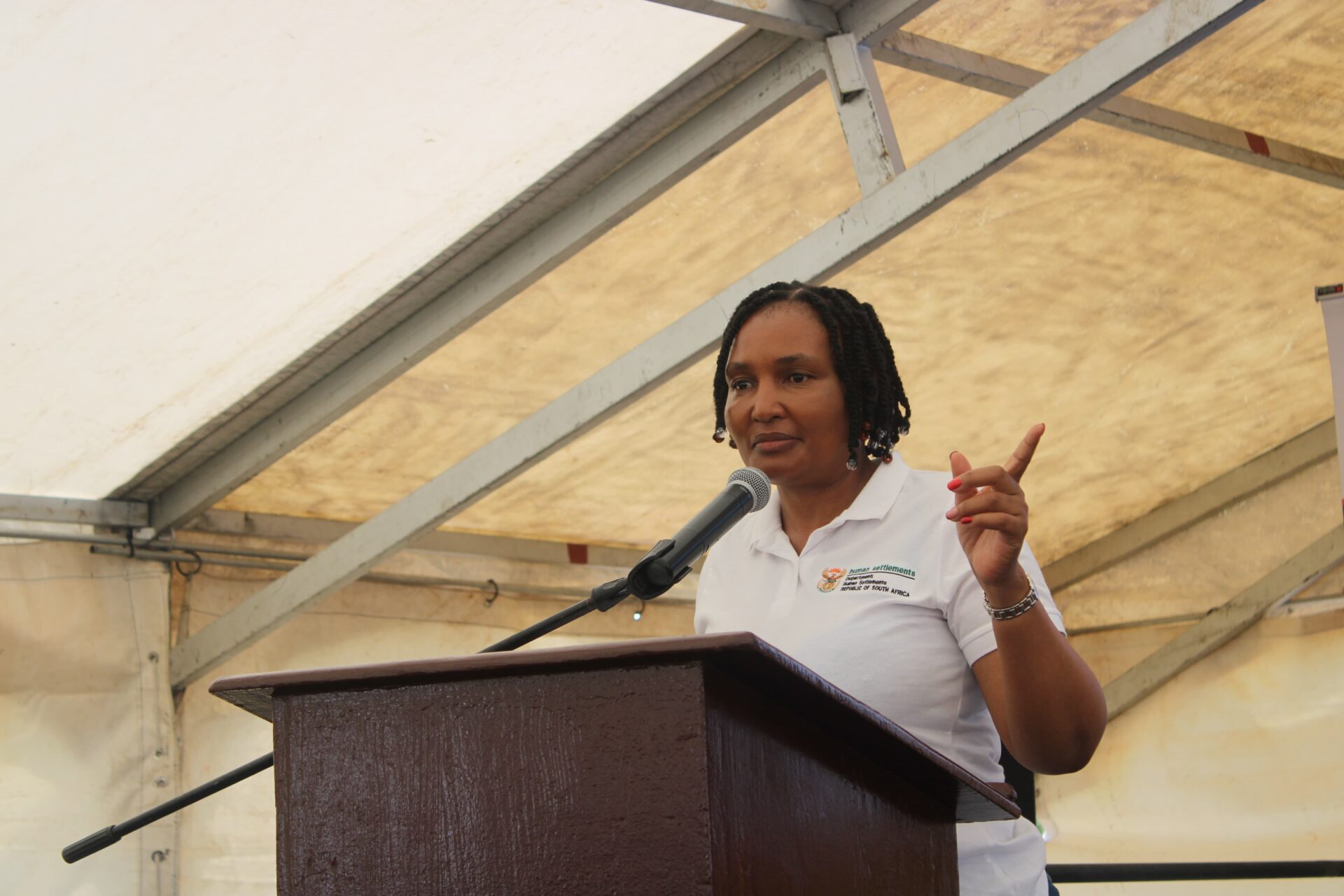By Staff Reporter
BLOEMFONTEIN – The University of the Free State Qwaqwa Campus Vice-Principal: Academic and Research, Prof Pearl Sithole, has been appointed as the newest member of the United Nations Educational, Scientific, and Cultural Organisation (UNESCO) Management of Social Transformation (MOST) scientific advisory board.
According to a statement from UFS, Sithole’s appointment follows her nomination by the former Executive Director of UN Women and Chairperson of the World Committee on Tourism Ethics, Dr Phumzile Mlambo-Ngcuka.
As transformation continues to centre itself as a key issue globally, the advisory board is concerned with the critical role of social sciences in influencing policies in the international space as a key strategic focus.
The board is composed of nine internationally recognized experts representing various disciplines in the social sciences. Prof Sithole’s appointment comes a year after she was appointed by Pope Francis as a member of the Pontifical Academy of Social Sciences for her stellar work in social sciences.
Responding to her appointment, Sithole said: “I am humbled by the confidence shown in me by Dr Mlambo-Ngcuka and the colleagues that led her towards hunting for me. It is a massive responsibility, one that adds to Africa’s opportunity to influence the global agenda. I am hoping to do what I can to work with other colleagues. I am also hoping to learn new ways of thinking about the world from colleagues sitting in other spaces.”
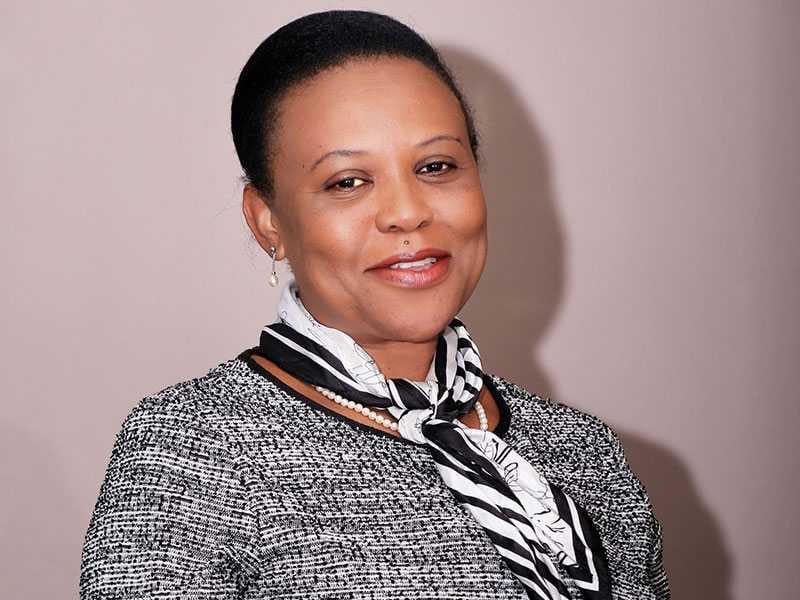
The MOST programme works with national authorities, scientific communities, and civil society to help UNESCO member states strengthen the connection between research and policy and between knowledge and action, which is key to fostering positive social change towards inclusive and sustainable development.
“The African continent is being involved in high-level conversations as contributors of knowledge on global dynamics. It means the continent is recognized as a rich space that can shape knowledge, policy, and solutions. I am yet to be inducted in current issues that the committee is looking into, but such spaces require that international bodies be guided and hands-on about the tricky balance between respect for the sovereignty of nation-states, dealing with multiple views, and the obligation to advise on social justice.”
Drawing from her social science background, Prof Sithole said her passion for efficient governance, gendered development, and the politics of knowledge production would influence her approach to the job at hand.








